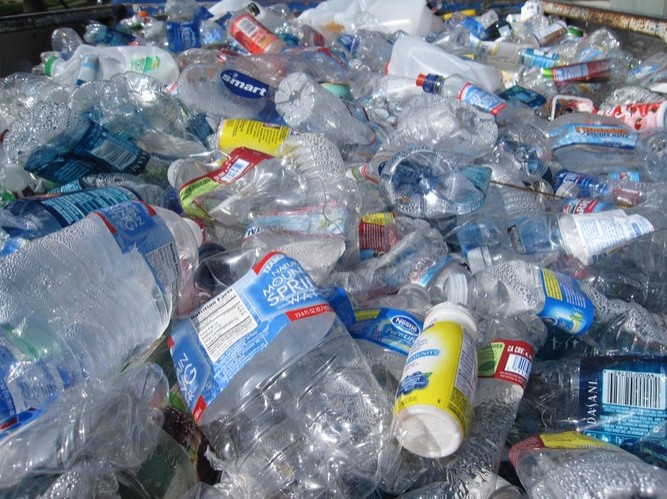Sustainable living is the practice of reducing one's need for natural resources by ensuring that the person can supplement what they consume as much as possible. Often this involves refusing to eat a substance made of policies that encourage recycling. At other times it means modifying your habits to become a more involved participant in the cycle of life.

Sustainable living is a practical concept aimed at reducing personal and social environmental effects by implementing progressive reforms that mitigate climate change and other harmful environmental issues.
Simply put, sustainable living is a strategy for lowering one's "carbon footprint."
A good way to check one's personal carbon footprint by checking out the World Wildlife Fund's environmental footprint calculator if you need any more inspiration to get on track.
Fortunately, there are ways to ensure a sustainable lifestyle in our own homes. Here are 5 major ways to live sustainably!
Related Article : Common Every Day Activities that Help Mitigate Climate Change!
Get Rid of Single-Use Plastics

Plastic is here to stay. Currently, billions of pounds can be contained in spinning convergences that cover about 40% of the world's oceans. Thousands of seabirds, sea turtles, whales, and other marine animals are killed each year after ingesting or being entangled in plastic. In just a few easy moves, you can start growing the plastic waste: When shopping, use reusable bags, eliminate single-use water bottles, bags, and straws, and avoid items made of or sold in plastic as far as possible (e.g., select unwrapped produce at the grocery store, shop local, cut down on online shopping).
Mind Your Water Consumption

Leave the bottled water at home because drinking water is virtually free, and most public water has won consistency and taste tests against name-brand water. Bottled water marketers try to discredit it. Furthermore, water extraction and the processing of all those plastic bottles are considered detrimental to populations and wildlife.
Water conservation is also important, particularly as our nation's population grows and we face unprecedented droughts. Shorter baths, fixing leaky toilets, and low-flow and low-water appliance solutions are ways to save water. Try xeriscaping your yard, a landscaping practice that uses natural, drought-tolerant plants to provide shelter and food for birds and bees while requiring less water and upkeep over time.
Support Organic Alternatives

When a product is organic, that ensures it was made by an organization dedicated to long-term sustainability. Keep an eye out for the Fairtrade label on items you purchase and businesses you support.
You will help discourage the overproduction of mass-market goods from having a detrimental effect on the environment by pledging to promote sustainable alternatives.
Shop Responsibly

While the term "Reduce, Reuse, Recycle" can seem dated, it is just as relevant today as when it was first coined. From the ingredients used to make it to the waste released during processing to the packaging that ends up in landfills, any product we buy has an environmental footprint. But, before you go out and buy something, consider whether you even need it. If you do, opt for lightly used items rather than fresh, and look for reduced packaging and delivery. Be a responsible consumer.
Pay Attention to Brands and Labels

The range of options available, from coffee to fruit to clothes, can be daunting - but when it comes to mitigating your effect on wildlife and the climate, there are some strong champions. If you want coffee, look for "shade-fed" coffee, which is grown in a way that preserves woodland environments for migratory birds and other wildlife. Where necessary, buy Fair Trade accredited products to help businesses committed to sustainable manufacturing and giving workers a fair wage. Where possible, buy organic food; it may be a bit more expensive, but it keeps toxic pesticides out of our land and water, saving farm employees, animals, and your family.
For more news update about Environmental Action, don't forget to follow Nature World News!
© 2025 NatureWorldNews.com All rights reserved. Do not reproduce without permission.





